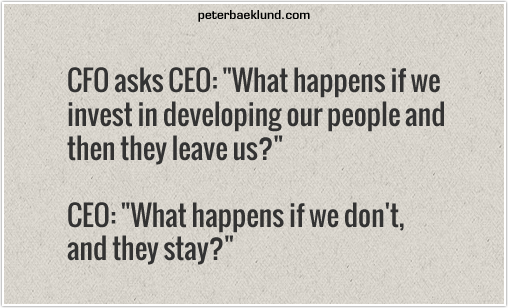Category Archives: Etc.
PVR pursues its bulk formula
Rather than ads for financial products and the odd local apparel brand, patrons at PVR cinemas will now be greeted with commercials for glossy pouts, mysterious eyes and a soft mane when they settle down to watch a movie billed as a blockbuster. The flurry of ads for a variety of beauty products from the house of Hindustan Unilever (HUL) is because PVR has a mission to secure a set number of audience for the FMCG company.
The largest multiplex chain has now started executing the bulk deals it had struck with some advertisers at the beginning of the year. The deals marked the start of the pay-per-eyeball scheme that the chain started formulating last year. The multiplex brand is working around the lack of third-party validation of return on media spends in theatre advertising with the help of the entertainment tax that gets logged into the system. While the percentage of e-tax differs from state to state, every ticket entails it and 45 minutes into a screening, the collections for the government get recorded. PVR shares this data to give a measure of the people who were present for a show.
Dutta says that the biggest challenge is to convert media planners to loyalists of the medium. “So far, cinema has always been the recipient of residual money, more to the tune of Rs 10-15 lakh,” he says. PVR has been holding road-shows for media planners to project the potential.
More at Business Standard
Heartless and Awake
Heartless
Awake


